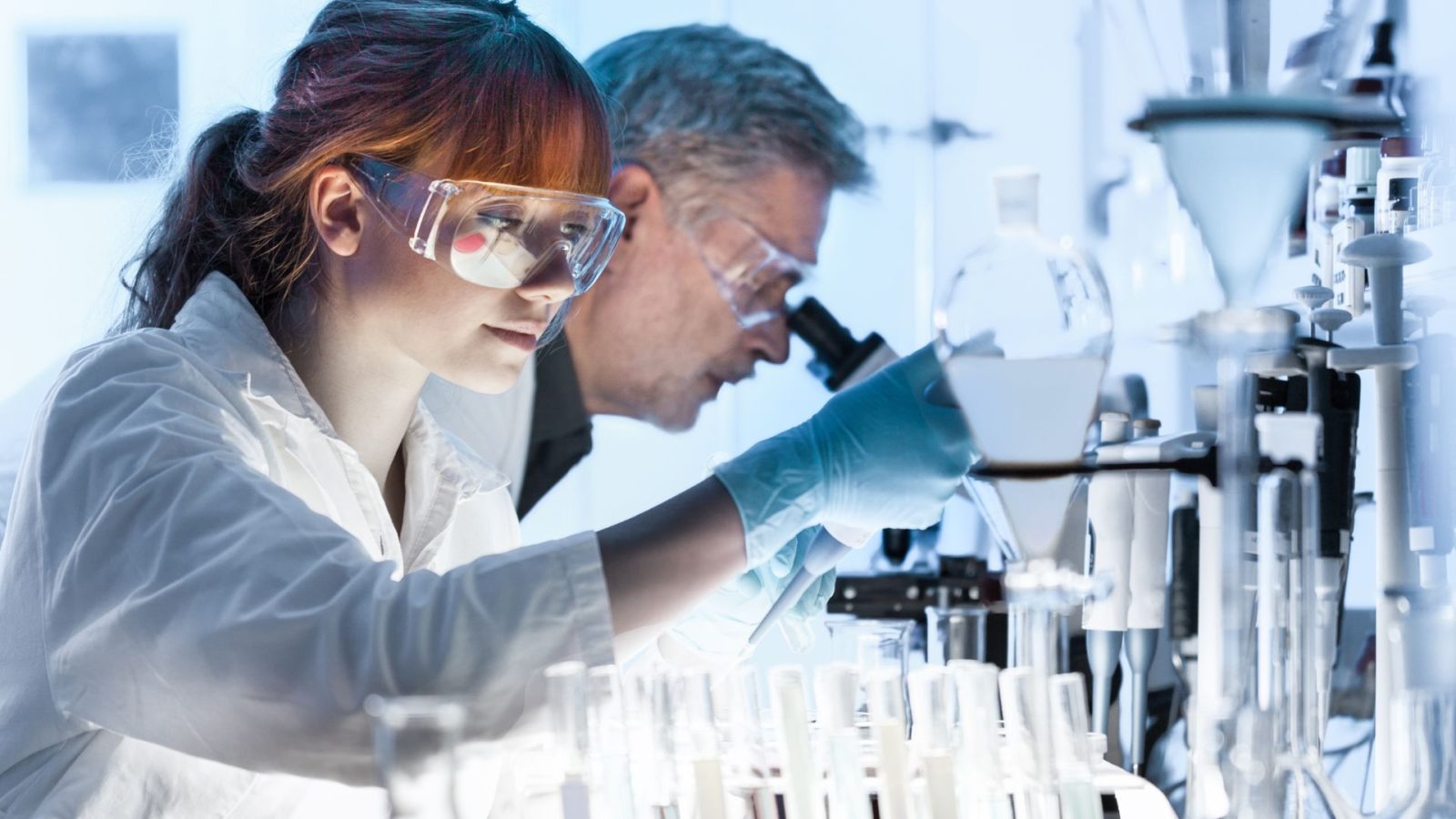Science holds the power to address some of the most pressing global challenges, from combating diseases to preserving natural ecosystems. Careers in science offer the ability to make an impactful difference, benefiting humanity for generations to come. Pursuing the right scientific degree is a crucial first step for those aspiring to contribute meaningfully to the world. Here are five scientific degrees that can help people worldwide and move humanity toward a better future.
1. Public Health: Confronting Global Health Challenges
A degree in Public Health equips individuals to tackle global health issues by focusing on disease prevention, health education, and policy-making. Public health professionals develop strategies to reduce the impact of diseases, such as malaria and tuberculosis, and address health care inequities in underserved communities.
Vaccination campaigns, clean water programs, and other initiatives stem from public health professionals’ expertise, significantly improving life expectancy worldwide. Their work ensures sterile environments remain central in saving lives during crises and provide quality hospital care.
2. Environmental Science: Fighting Climate Change and Preserving Ecosystems
Environmental science is a critical field that examines the interaction between natural and human systems. Graduates with this degree study climate change, pollution, and biodiversity loss, uncovering sustainable solutions, such as renewable energy implementation and water conservation.
With environmental challenges threatening global ecosystems, these professionals influence policies that reduce carbon emissions and restore critical habitats. Their work is vital in ensuring a healthier planet for future generations.
3. Agricultural Science: Safeguarding Food Security
Agricultural science is key to addressing food shortages and making farming practices more sustainable. With demand for food rising due to population growth, this scientific degree can help people worldwide by offering innovative solutions, such as drought-resistant crops and efficient irrigation systems to boost yields, even in challenging conditions.
Additionally, they study soil health, crop diseases, and pest management, ensuring global food systems run smoothly while minimizing environmental impact. Their contributions transform agriculture into a force for human sustenance and ecological stewardship.
4. Epidemiology: Understanding and Containing Disease Outbreaks
Epidemiology is the study of disease patterns, causes, and effects. Epidemiologists played a prominent role during COVID-19 by identifying how the virus spread and recommending life-saving intervention strategies. This field is vital in creating predictive models that raise early alarms for future outbreaks.
They also rely on precise lab results to guide their medical research, where sterile water plays a fundamental role in experiments to ensure accurate research and reliable findings. A degree in epidemiology mitigates the devastation of future global pandemics.
5. Biochemistry: Driving Medical and Scientific Breakthroughs
Biochemistry, the study of life at the molecular level, is pivotal in advancing health care and scientific innovation. Biochemists study everything from DNA to renewable biofuels.
Their work underpins the development of new treatments for chronic diseases, such as cancer or Alzheimer’s, enhancing the quality and longevity of life. Additionally, biochemists prioritize sterile materials and equipment to maintain the integrity of experiments, leading to groundbreaking discoveries that ripple across industries.
Science degrees are more than academic pursuits. They pave the way for real-world solutions to humanity’s greatest challenges.
Individuals leave a lasting impact by choosing scientific degrees that can help people and contribute to creating a better, more equitable future for all. Start exploring degree programs today and find the one that inspires you to help improve the world.
Recommended reading: Careers That Make a Difference to Underserved Communities















